Understanding Vista Trusts
June 25, 2024
Who may act as a Trustee of a BVI Trust?
March 21, 2025A Flexible and Secure Estate Planning Solution
Introduction to BVI Trusts
A trust is a legal relationship created when the Settlor transfers assets to the Trustee, who then administers these assets for the benefit of Beneficiaries or for a specific purpose. BVI trust law, rooted in English law, has been enhanced by local legislation to provide a range of flexible and user-friendly trust structuring options.
Governing Legislation and Fiduciary Duties
BVI Trusts are governed by the BVI Trustee Act 1961, with amendments in 1993, 2003, 2013, and 2015. Trustees of BVI Trusts are subject to the Prudent Man of Business Rule, which mandates that Trustees monitor the activities of any company within the trust fund and intervene when necessary to prevent risky ventures or ensure that company directors maximize financial capacity. Trustees of BVI Trusts are responsible for the administration or monitoring of trust assets.
Advantages of Establishing a Trust
- Tax Planning and Efficiency: Trusts can provide significant tax benefits and efficiencies.
- Estate Planning Structure: Trusts offer a robust framework for estate planning.
- Avoid Disruption on Settlor’s Death: Trusts prevent the disruption of asset management upon the Settlor’s death.
- Asset Protection: Trusts protect assets from potential creditors or legal claims.
- Preservation of Family Wealth: Trusts help preserve family wealth against dissipation.
- Circumvent Forced Heirship Provisions: Trusts can be used to avoid forced heirship rules in certain jurisdictions.
- Confidentiality: Trusts provide a high level of confidentiality for the Settlor and Beneficiaries.
- Transition of Family Business: Trusts facilitate the smooth transition of family businesses to future generations.
- Business Management: Trusts can run an individual’s business or own shares in a company.
Types of Trusts under BVI Law
Discretionary Trusts
Discretionary Trusts grant the Trustee discretion over the administrative and dispositive provisions of the Trust. This means that the distribution of capital and income between Beneficiaries is at the Trustee’s discretion, and no Beneficiary can demand distributions. The Trust Deed typically defines a class of Beneficiaries, which may include individuals, corporations, charitable organizations, or purposes. Trustees can add or remove Beneficiaries as needed. Settlor’s non-binding letters of wishes often guide Trustees’ decisions regarding distributions and investments.
Fixed Trusts
Fixed Trusts have fixed dispositive provisions regarding the Beneficiaries. However, Trusts may combine elements of both Fixed and Discretionary Trusts, offering a hybrid structure that provides flexibility and control.
Purpose Trusts
Purpose Trusts, whether charitable or non-charitable, are created for a specific purpose. The purpose must be clear, ensuring that any proposed use of the assets falls within the trust’s objectives.
Settlor or Protector Reserved Powers under BVI Law
Under BVI law, a Settlor or Protector may reserve several powers, including:
- Determining the proper law of the Trust.
- Changing the forum of Trust administration.
- Removing Trustees.
- Appointing new or additional Trustees.
- Excluding any Beneficiary from the Trust.
- Including new Beneficiaries or substituting existing ones.
- Withholding consent from specified actions of the Trustee, either conditionally or unconditionally.
Conclusion
BVI Trusts offer a versatile and secure solution for estate planning, asset protection, and tax efficiency. Whether you are a high-net-worth individual, a multinational company executive, or a law firm, understanding the benefits and types of BVI Trusts can help you leverage these structures to meet your unique needs.
For more information on establishing a BVI Trust and how it can benefit your estate planning strategy, contact us today.





